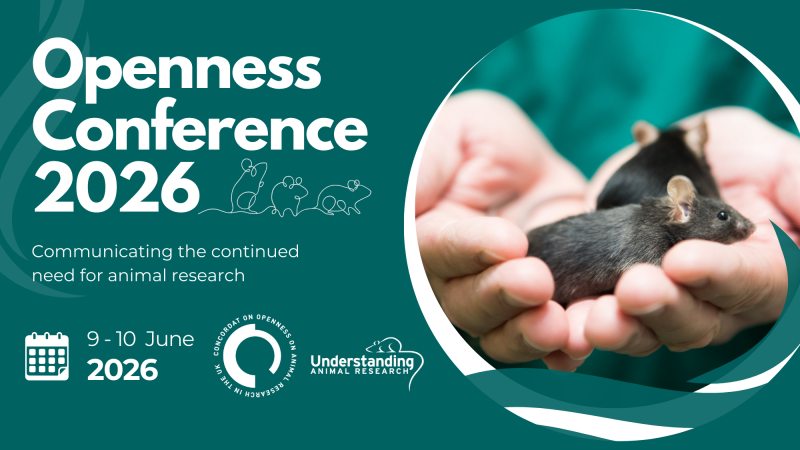
Text to go here...
 Scientists have shown that the drug vorinostat is able to cross the blood-brain barrier, and reduce the development of brain tumours in mice.
Scientists have shown that the drug vorinostat is able to cross the blood-brain barrier, and reduce the development of brain tumours in mice.
Breast cancer survival rates have been increasing over recent years with the development of drugs such as Tamoxifen and Herceptin, however the incidence of the cancer spreading to the brain is also increasing. The problem with brain metastases (tumours) is that drugs must pass through the blood-brain barrier in order to reach the tumour. The blood-brain barrier is a structure of blood capillaries in the brain with a largely protective role, ensuring that molecules such as viruses and bacteria do not reach the brain. However, this means that treating brain metastasis is difficult, as many drugs cannot penetrate the barrier. This is the reason that estimated survival one-year after the diagnosis of brain metastasis in breast cancer patients is about twenty per cent.
The drug vorinostat has been found to slow the growth of several different types of cancer tumours in mice, and it has been approved in the US for human use against one cancer type (T-cell lymphoma). Previous studies had suggested that it could pass across the blood-brain barrier.
Therefore researchers used a mouse model of human breast cancer, where the cells migrated to the brain, forming metastases. They then administered vorinostat to the mice, and saw high levels of absorption into the brain. Tests also showed higher levels of the drug in the metastases compared to the surrounding tissue. Overall, the development of large metastatic tumours was reduced by around two-thirds in the mice, compared to controls. This effect was linked to the ability of vorinostat to break DNA strands, and lower the effect of a DNA repair gene. Consequently the DNA would remain damaged, reducing the rate of tumour cell metastasis.
Previous work by these researchers showed that vorinostat could enhance the effect of radiation therapy in mice with brain cancer metastasis, by enhancing the sensitivity of cancer cells to the damaging effect of radiation. Both of these studies mean that researchers are looking to begin clinical trials in humans in the future.
See our Breast Cancer page for more information about existing treatments.
Last edited: 11 January 2022 09:02



